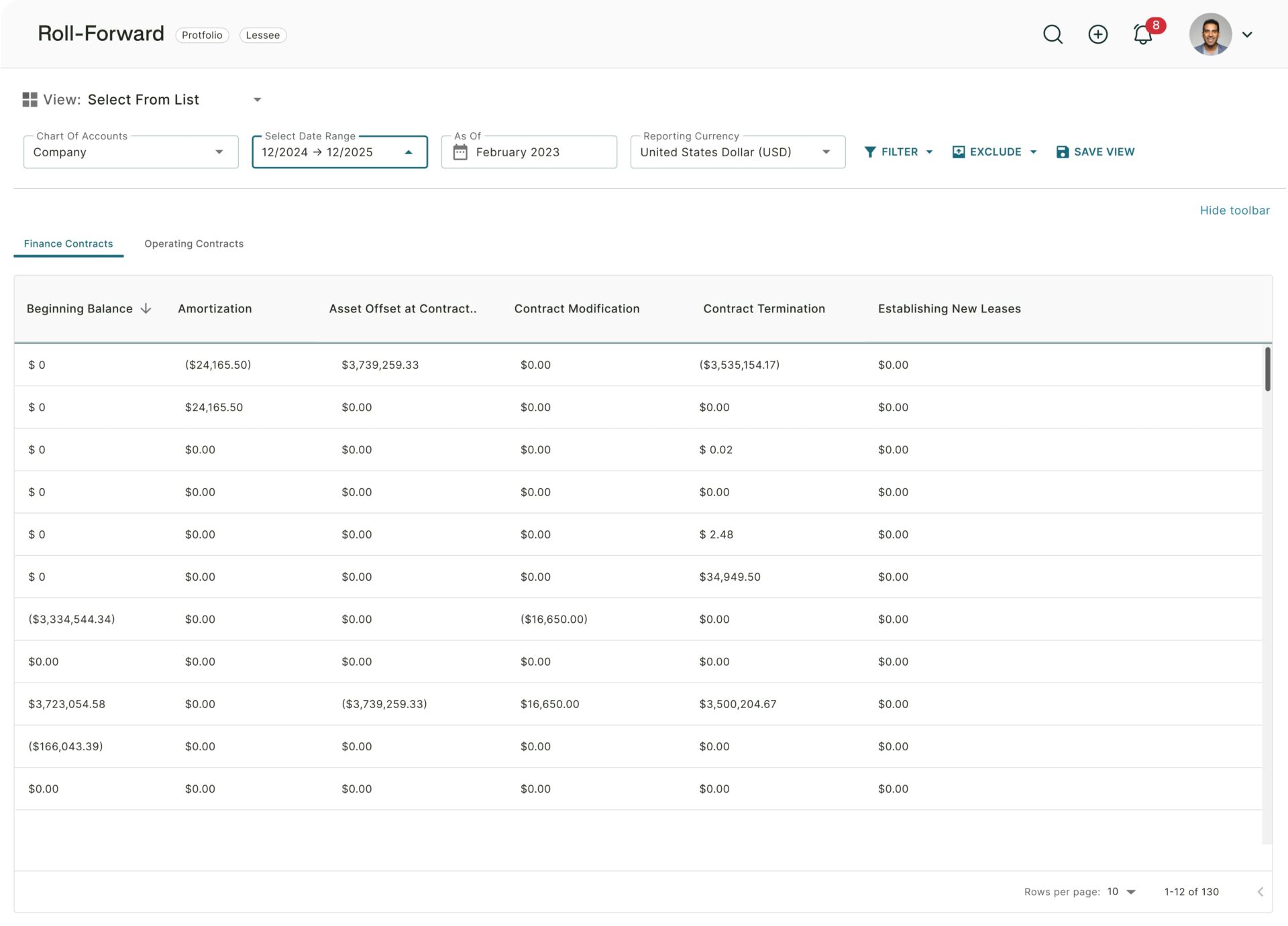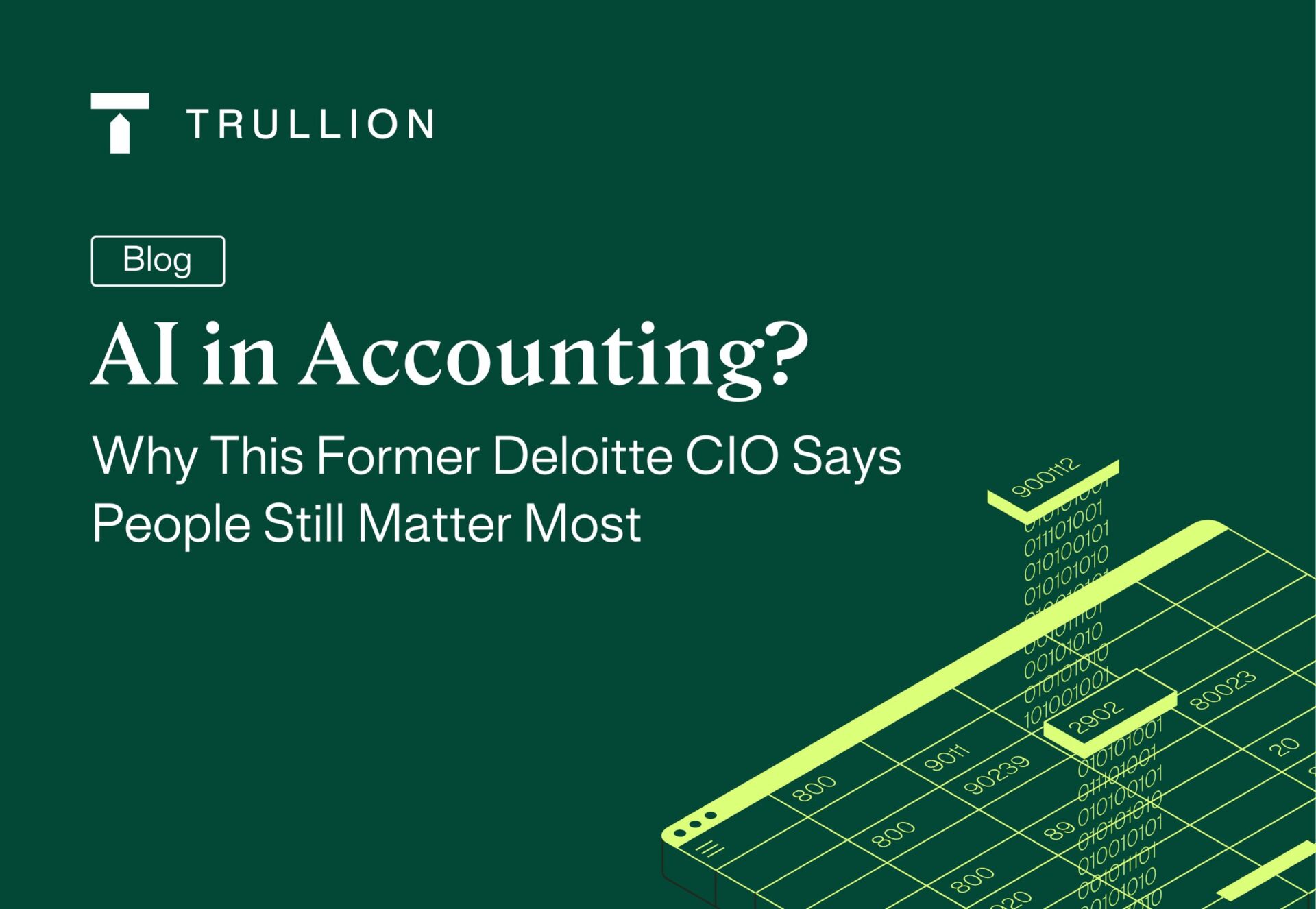Finance leaders who master the art of people-centric leadership and strategic relationship-building are better at guiding their organizations through digital transformation and regulatory complexities. Larry Quinlan, former global CIO of Deloitte and current Fortune 500 board member, recently shared his insights on the “AI: Accounting Intelligence” podcast, offering a fresh perspective on leadership in the digital age.
Quinlan’s journey from a tiny Caribbean island of just 35,000 people to the C-suite of one of the world’s largest professional services firms is more than just an inspiring story—it’s a masterclass in the power of human connections. At the heart of Quinlan’s message is a compelling thesis: In an era of rapid technological change, the human element remains the critical differentiator.
The Power of Human Connections in Career Growth
After graduating with an MBA from Baruch College in New York, Quinlan initially got a job in sales. But it just didn’t feel right.
“I kept thinking, ‘This is not what I was meant to do,’” Quinlan recalls.
Eventually, he dared to turn down that guaranteed job and its attractive compensation package and found another opportunity.
“I think it paid about half of what I was going to make in that sales job, but it was a combination of technology and operations and it just felt right. That’s how I got into technology,” Quinlan says.
Quinlan’s career journey includes pivotal moments where human connections altered his trajectory. He recalls, “A year after I joined Touche Ross, I got called into a room, and my boss said, ‘We have good news and bad news. The good news is we’re merging with Deloitte Haskins and Sells, and we’re going to be one of the largest professional service firms ever. The bad news is we’re moving our technology organization from New York City to Hermitage, Tennessee.’”
Initially balking at the idea of leaving New York, Quinlan credits a mentor’s intervention for changing his perspective: “I had a mentor, my boss, who actually really worked with me to see the value of a senior role in a merged organization.” This guidance altered Quinlan’s career path and shows how relationships can help navigate organizational changes.
This and other experiences made Quinlan aware of the need to pay it forward. “What obligation does that impose upon me to help others the way that I received assistance?” This mindset of mutual support creates a network that can provide diverse perspectives on emerging technologies, regulatory changes, and industry trends—crucial ingredients for finance leaders making critical decisions.
Developing a People-Centric Leadership Approach
Quinlan describes his leadership evolution: “I used to think people existed to tell me how smart I was or people existed to agree with all the things that I wanted to get done, and you begin to realize that’s not how the world works.” This realization marked a turning point, particularly relevant in today’s rapidly changing financial landscape, where team buy-in can make or break technological initiatives.
Quinlan discovered that the key was to create a mission that team members genuinely want to follow. He shares, “I found myself asking questions like, is the message we’re putting out worthy of our team? Is it good enough for them to want to follow as opposed to ‘how are we going to beat them up so that they can follow faster?’”
Effective communication is the heart of this leadership style. Through trial and error, Quinlan learned the importance of tailoring messages to different audiences. He recounts, “I had this brilliant idea that I wanted to communicate to everybody in the firm and tell them all about our wonderful technology strategy, etc., and it was a dud. Nobody read it.” The breakthrough came when he focused on what people cared about – their day-to-day tools and experiences.
This shift in communication strategy led to much higher engagement and demonstrates a critical lesson for finance leaders: understanding and addressing team members’ concerns smooths the path of technological adoption by increasing buy-in among the people using that technology every day.
The Future of Accounting Firms and AI
When asked about artificial intelligence’s impact on accounting firms, Quinlan offers a measured perspective: “I think it is more likely that this will create more quality, more opportunity, more capability for the firms and for the benefit of the firm’s clients rather than just a wholesale fundamental change in the audit model.”
He emphasizes that while technology has always transformed the industry, it’s unlikely to fundamentally change how audit firms operate. Instead, Quinlan sees AI as a tool to improve efficiency and create new business models, much like previous technological advancements.
“These improvements often reduce costs or create a new business model that increases revenue. They create adjacent spaces,” Quinlan says. “Technology has absolutely changed the way we audit. You now see technology platforms that are far more capable than humans alone in ingesting data from electronic systems and analyzing that data. These are all things that allow for more cost-effective execution of audits.”
Key Takeaways for Finance Leaders
Accounting and finance leaders can gain three key insights from reflecting on Quinlan’s remarkable journey:
- Cultivate strategic relationships that can propel your career and provide diverse perspectives.
- Develop a leadership style that inspires and empowers your team to embrace change.
- Approach technological advancements with a people-first mindset, focusing on how innovations can enhance human capabilities rather than replace them.
These insights directly support Trullion’s central thesis: finance leaders who master people-centric leadership and strategic relationship-building are best equipped to guide their organizations through digital transformation and regulatory complexities.
In a world where change is the only constant, investing in your people skills might be the most strategic move you can make. After all, in the age of AI, your most powerful asset remains uniquely human: your ability to lead, inspire, and connect. To hear more of Quinlan’s advice, tune into the latest “AI: Accounting Intelligence” episode.





